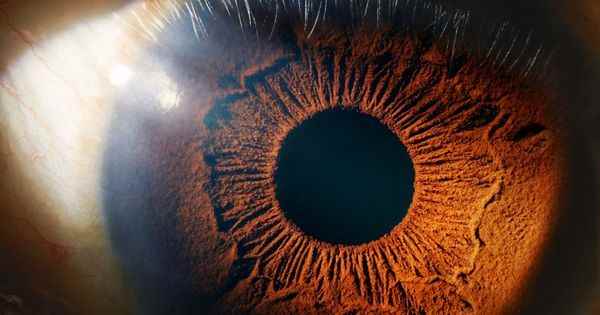Published ,
Reading 2 mins.
A new study suggests that the reduction of the retinal layer of the eye could be linked to brain decline and help diagnose Alzheimer’s early.
Loss of the notion of time, of memory, changing moods… Currently the only indicators suggesting the onset of Alzheimer’s are the first symptoms when there are many of them and if they persist. But when they are noted, it is usually that the disease has started. For better management of the disease (which today can only be officially diagnosed after a brain autopsy after the death of the patient), it would be necessary to be able to detect it earlier. This may be what researchers at the University of Otago in New Zealand found.
Alzheimer’s: the potential of the eye already mentioned
In the study report published February 10, 2022 in the medical journal Jamaica Ophthalmology, they explain that they may have discovered a link between the retinal layers of the eye, which become thinner and thinner with age, and a decline in cognitive performance.
The potential of the retinal layer of the eye as an early risk marker for Alzheimer’s disease has already been mentioned in several studies. With this study, the New Zealand researchers wanted to see if the trend is confirmed and how early it could be detected.
Cerebral decline and thinning of the retinal layer
For their study, the researchers followed 1037 patients, born in 1972 or 1973 until the age of 45. Cerebral performance tests such as an IQ test, speed questionnaire or oral comprehension test were carried out for all at the ages of 7, 9 and 11, then 45 years old. At each test period, the volunteers also underwent an eye examination called Optical Coherence Tomography (OCT) which makes it possible to analyze the different layers of the eye.
Results: the group of researchers claim to have noted reduced cognitive performance in people with a thinning retinal layer of the eye up to the age of 45.
A marker of Alzheimer’s or simply of aging?
While this study shows the potential of OCT in monitoring cognitive activity, scientists agree that more studies need to continue before confirming whether this decline in cognitive activity could help diagnose Alzheimer’s disease or other brain diseases or if it is just an indicator of aging.
